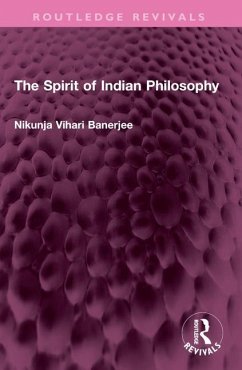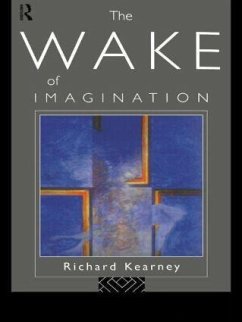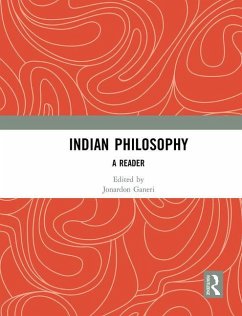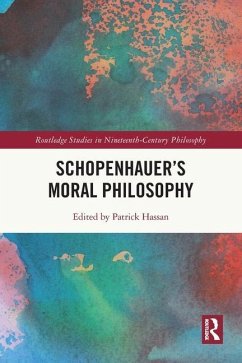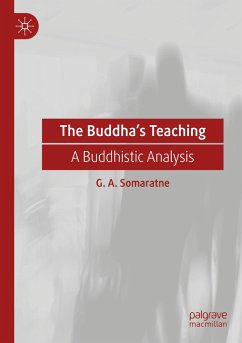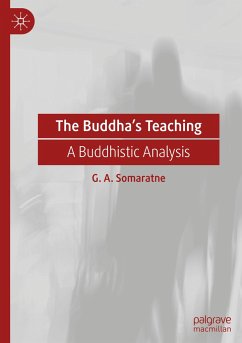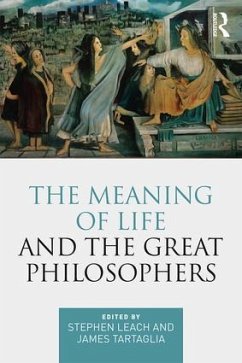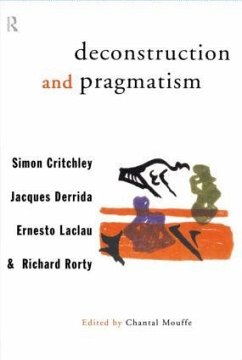
History of Indian Philosophy

PAYBACK Punkte
24 °P sammeln!
The History of Indian Philosophy is a comprehensive and authoritative examination of the movements and thinkers that have shaped Indian philosophy over the last three thousand years. An outstanding team of international contributors provide fifty-eight accessible chapters, organised into three clear parts:knowledge, context, conceptsphilosophical traditionsengaging and encounters: modern and postmodern.This outstanding collection is essential reading for students of Indian philosophy. It will also be of interest to those seeking to explore the lasting significance of this rich and complex phil...
The History of Indian Philosophy is a comprehensive and authoritative examination of the movements and thinkers that have shaped Indian philosophy over the last three thousand years. An outstanding team of international contributors provide fifty-eight accessible chapters, organised into three clear parts:
knowledge, context, concepts
philosophical traditions
engaging and encounters: modern and postmodern.
This outstanding collection is essential reading for students of Indian philosophy. It will also be of interest to those seeking to explore the lasting significance of this rich and complex philosophical tradition, and to philosophers who wish to learn about Indian philosophy through a comparative lens.
knowledge, context, concepts
philosophical traditions
engaging and encounters: modern and postmodern.
This outstanding collection is essential reading for students of Indian philosophy. It will also be of interest to those seeking to explore the lasting significance of this rich and complex philosophical tradition, and to philosophers who wish to learn about Indian philosophy through a comparative lens.





